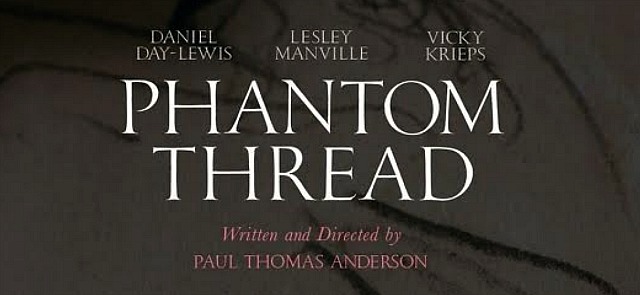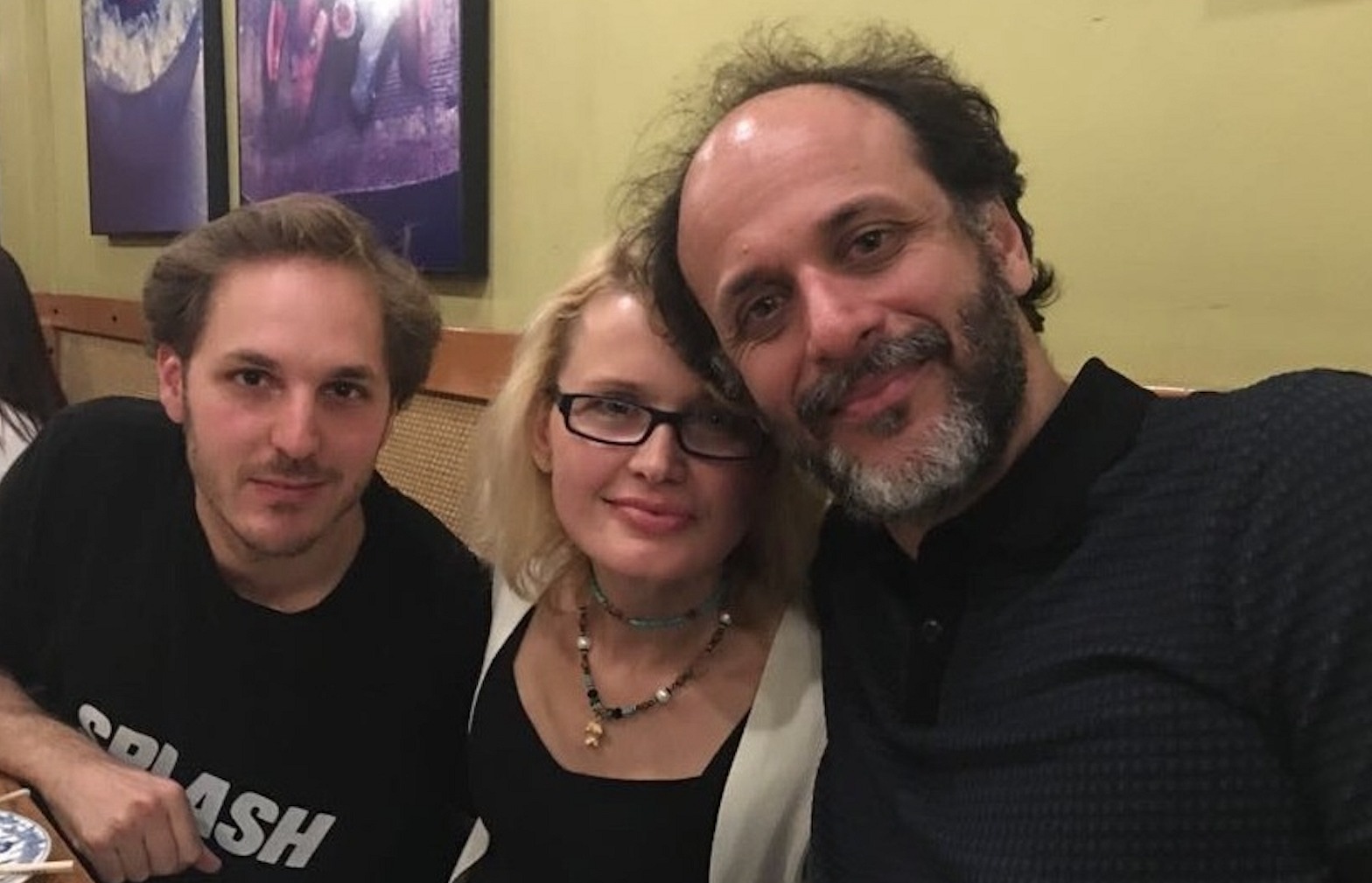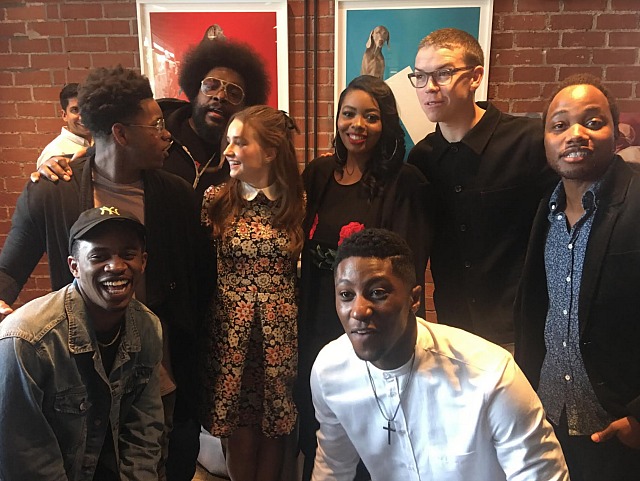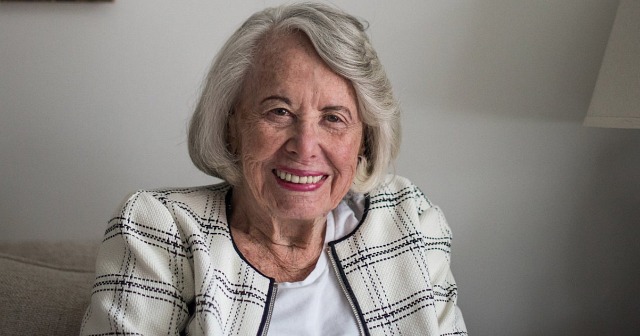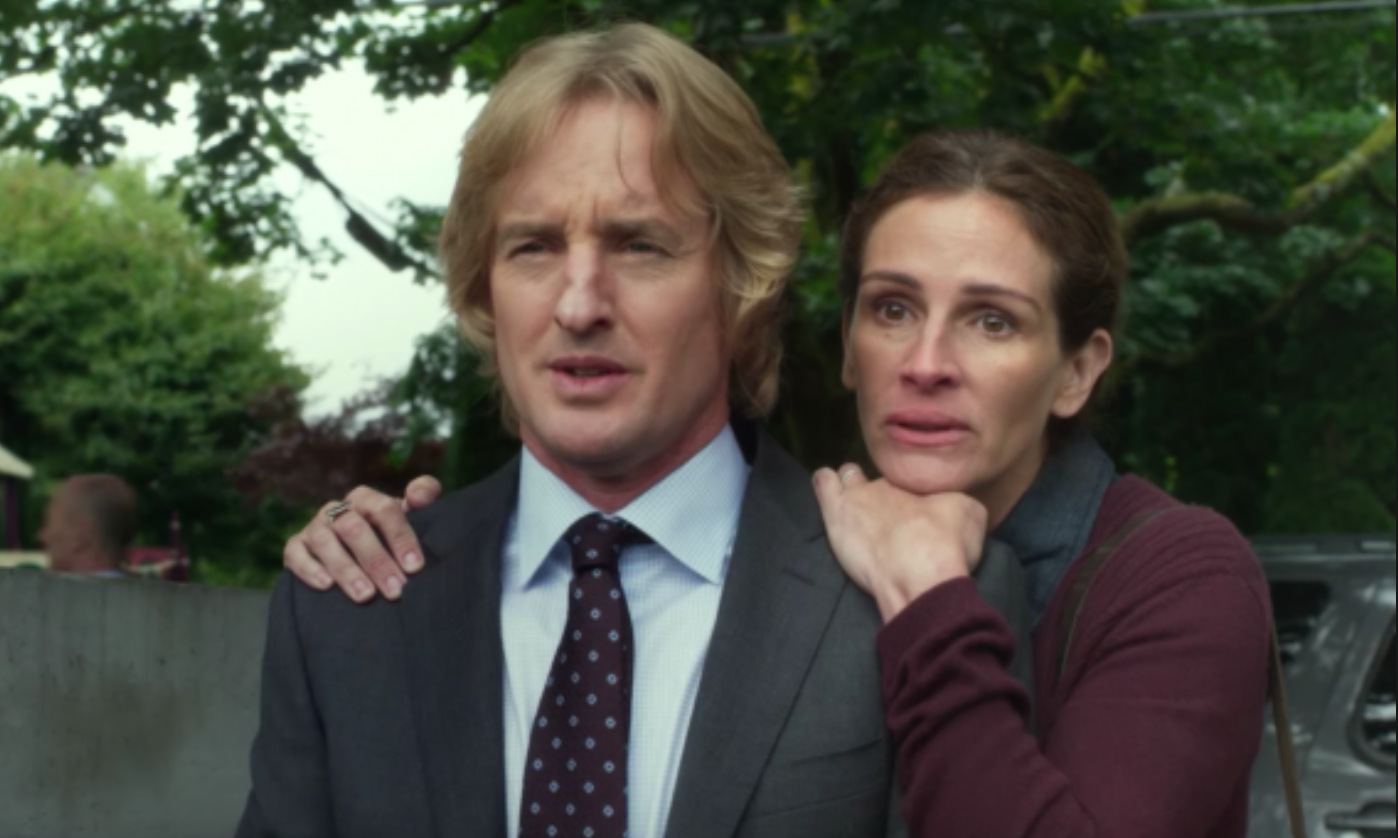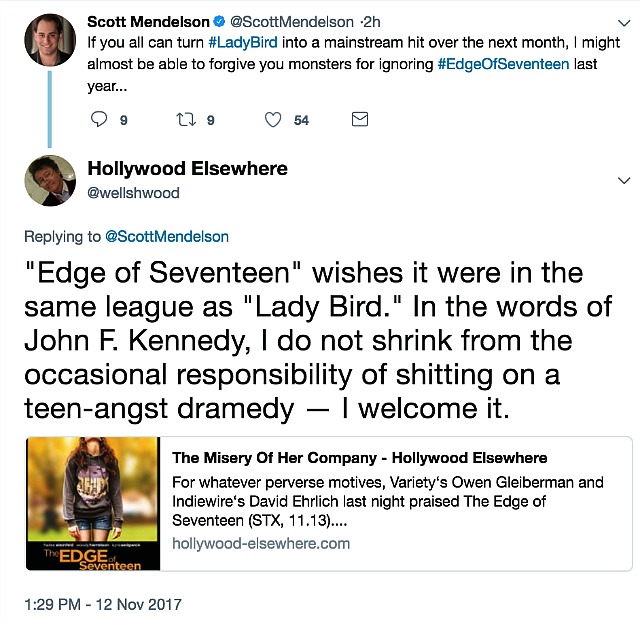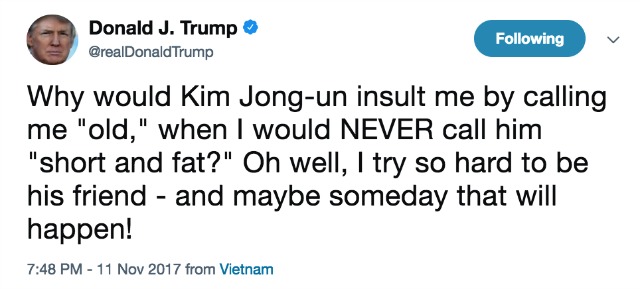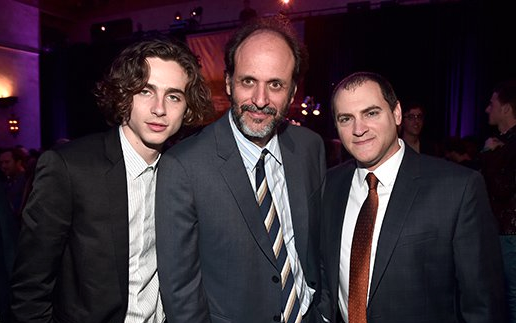An invitation to attend several Thanksgiving weekend-and-beyond screenings of Paul Thomas Anderson‘s Phantom Thread (Focus Features, 12.25) arrived this morning. The screenings will happen at Laemmle’s Ahrya Fine Arts Theatre and the American Cinematheque’s Aero in Santa Monica concurrently, and for seven nights straight between 11.24 and 11.30.
What got my attention is the announcement that Anderson plus costars Vicky Krieps and Lesley Manville will do post-screening question-and-answer sessions following three early screenings, but not — a big “not” here — star Daniel Day-Lewis.
On the other hand DDL will take part in a q & a following a Manhattan press screening on Sunday, 11.26. Anderson, Krieps and Manville will also participate in this event, but Day-Lewis is committed to only this and none other, and only in New York City. So we seem to be looking at a somewhat prejudicial anti-Los Angeles situation as far as DDL is concerned. So far, I mean.
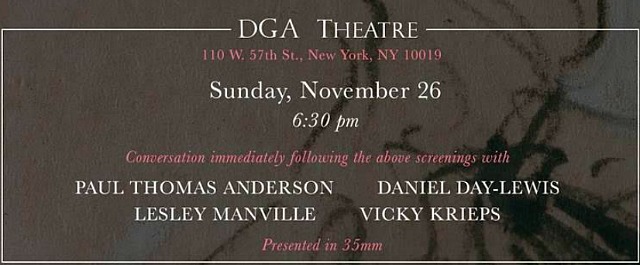
The eternally press-shy DDL has, of course, announced that Phantom Thread is his last acting gig before retirement, but it also appears that the 60-year-old actor, whose unseen performance as Reynolds Woodcock has been Best Actor-touted by handicappers, may be selectively ducking meet-and-greets with press and Academy members. Or not. Who knows?
All Oscar contenders submit to Oscar campaign dog-and-pony shows during November, December and January, or during the last three months of “the season.” DDL did a few appearances on behalf of There Will Be Blood and Lincoln, so we’ll see. The initial indication, at least, is that he intends to minimize public appearances.
